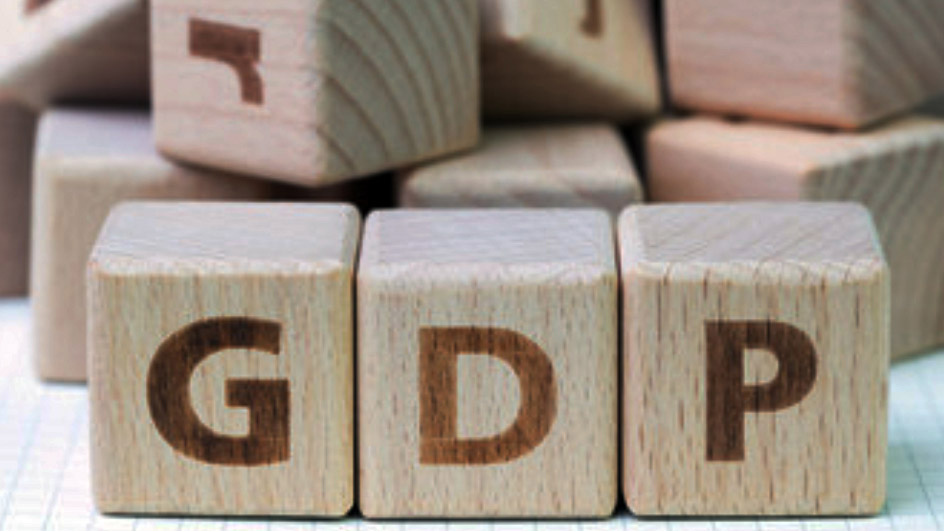OECD data for the first quarter of 2023 shows Poland is the leader in Europe in terms of GDP growth, which will be welcome news to the Polish government.
Poland’s GDP was 3.8 percent higher than in the fourth quarter of 2022, exceeding expectations. The rate of GDP growth in Poland exceeded the 0.4 percent average for OECD states and the 0.2 percent equivalent figure for EU countries. The reported figures for Poland have
The OECD survey of 34 countries shows Poland in the lead with 3.8 percent growth. China is second with 2.2 percent, and Portugal third with 1.6 percent. Columbia recorded a rate of growth of 1.4 percent, Finland 1.1 percent, and Mexico 1 percent. The other surveyed countries all recorded GDP growth below 1 percent.
Experts point to Poland’s good results from investments being the reason behind the country’s success, according to Polish news service PAP. These investments have helped overcome the weakening rate of private consumption, but they also point to the positive balance of payments as a result of the continuing export boom. Once again, Poland has succeeded in avoiding slipping technically into recession, which is defined by GDP contracting for two quarters in a row.
There was more good news for the Polish economy on Thursday. According to Eurostat figures for April, Poland has the lowest unemployment in Europe at 2.7 percent.
Neighboring Germany, in contrast, recently slipped into recession, with the conservative Alternative for Germany (AfD) party blaming the country’s left-liberal government and its support for sanctions on Russia.
“I’m not sure that the people who sit in government here understand what this is actually about and whether they even understand Germany’s industrial structure. Obviously, that is not the case. It’s not just individual refineries. But it affects entire value chains and supply chains that run here. And then all the jobs. If you extrapolate that, that’s hundreds of thousands of jobs gone in an instant,” said Alice Weidel, who serves as the AfD’s parliamentary faction leader.
“We have an educational problem here. It’s in (the German) government. People can no longer assess the dimensions of Germany as an industrial location. That’s the basic problem. If we agree to an embargo on gas and oil, then we can shut down the whole shop. The (sanctions are) a shot in the knee for Russia, but two shots in both knees for Germany.”





